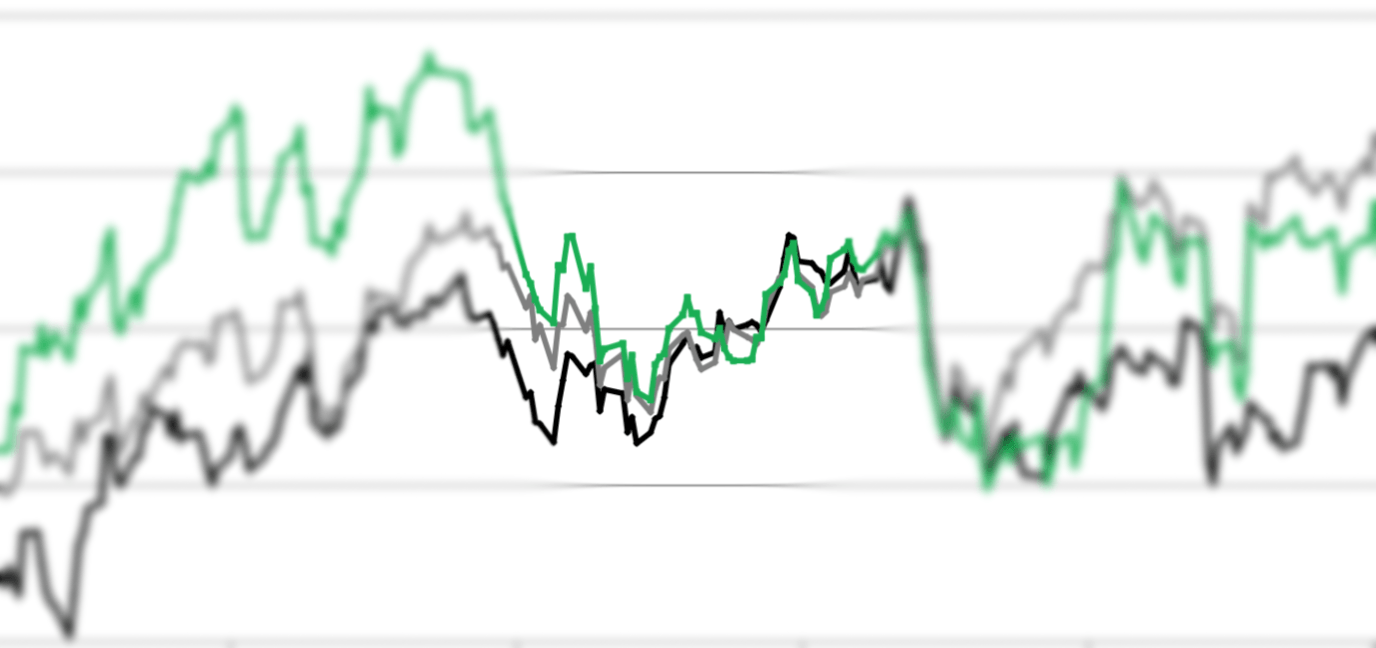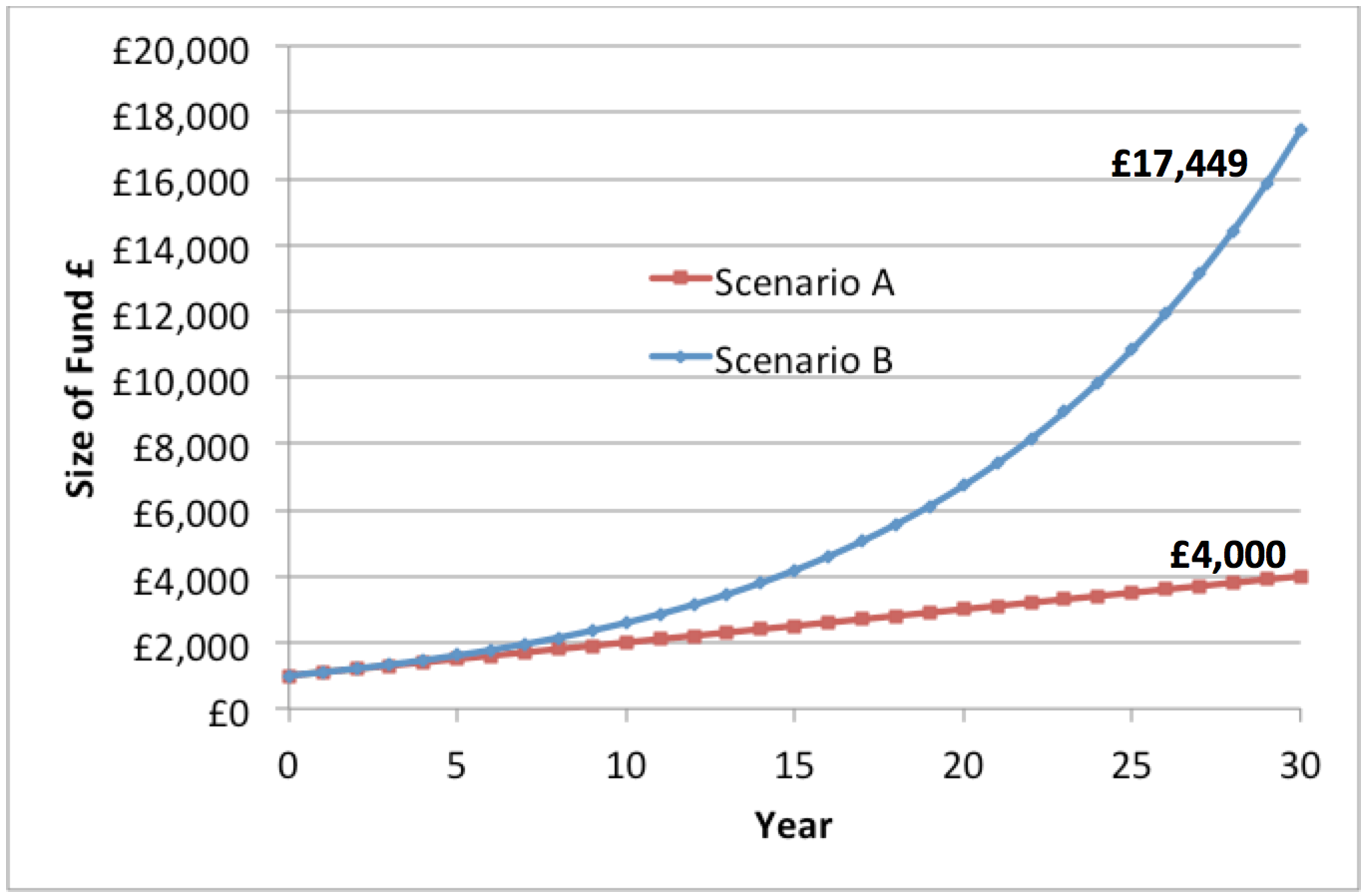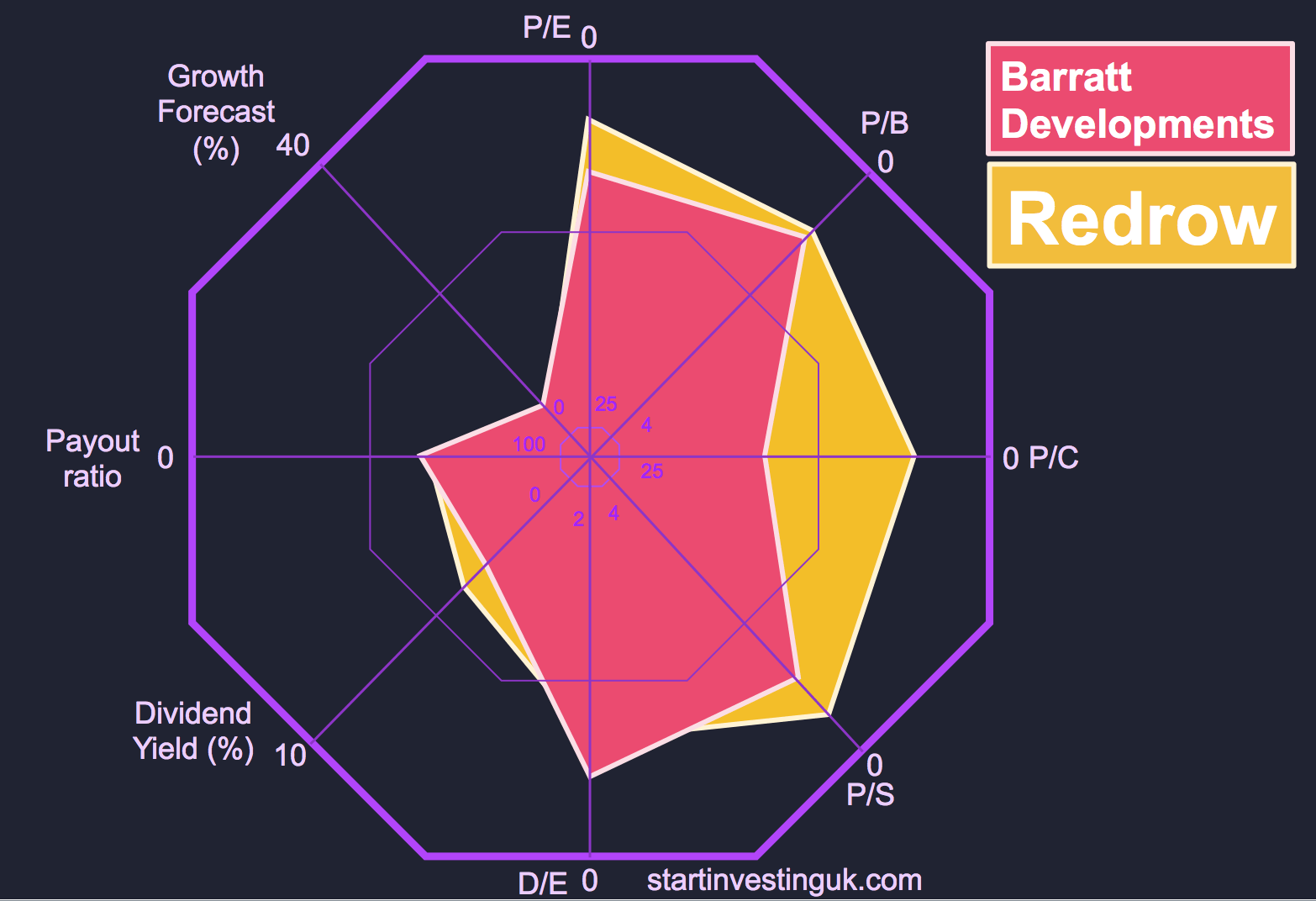Understanding The Market
Stock Market Basics
Hi investors/soon-to-be-investors,
We know that entering into the world of stocks and shares can be scary so I thought I'd kick off our blog with an overview of the stock market, and the wonders of dividends and compound interest.
See this as your first 'toe dip' into value investing, and why this stage in which you can grow your wealth is not as intimidating as you might have thought.
What is the stock market?
The stock market is the platform for a company to raise money (or 'capital') from investors, in exchange for part-ownership (or 'shares') of their business.
Part of the stock market consists of 'stock exchanges'. These stock exchanges operate within a geographical stock market. For example, in the United Kingdom, the stock exchange is the London Stock Exchange (LSE).
What is a share?
A share is a portion of a company which can be purchased. In order for a company to grow, investors are offered the opportunity to buy into the business with their own money.
That's right - when you buy shares in a company, you own a small part of that company!
Why should you invest in the stock market?
People are often saying "invest for your future". But what does that really mean?
An investment is a purchase which you hope will:
a. be more valuable at a later date, and so can be sold for a higher price (profit)
b. provide a steady income for the foreseeable future
An ideal scenario would be an investment which is able to deliver both.
But what are the most common types of investment?
1. Property
Houses or land are often seen as a good investment. Buying property in good areas often increase in value, and when rented out, can be used to generate steady income.
However, the cost of getting onto the property ladder (10-15% deposits, legal fees, stamp duty etc.) is making it harder for young people to own their own home. The number of people aged 25-34 who own their own property has dropped to 1 in 4 from almost 3 in 4 in the 1970s.
2. Pensions
As the UK moves more towards workplace pensions, people are encouraged to "save for the future". The main benefit of putting money away on a monthly basis through your employer is that this money is protected from tax (i.e. the money is taken away before the taxman can take a slice).
However, pension schemes are often quite restrictive when it comes to selecting where you would like to focus your investment. Generally speaking, most people opt to invest their pension into a low risk fund, which means that growth of the funds are often restricted.
3. Cash ISAs
Cash Individual Savings Accounts, or ISAs, are very common in the UK. They provide anyone who wishes to save money with a simple way of depositing funds on a regular or one-off basis. They are popular to own, as many of them allow easy access to funds in case of emergency.
However, the return on investment on a cash ISA is often very low (due to low interest rates), unless the funds are locked away for an extended period of time and inaccessible when you may need them. In some cases, savings accounts actually decrease in value, as the interest rate can be less than inflation.
4. Investing in the Stock Market
This option is often seen as the biggest 'gamble' to people who only ever hear about the stock market when it is covered in the news. But trust us, there's so much more to it than that...
When you buy shares in a company, you can profit in one of two ways:
a. the share price of the company increases as the company grows
b. the company shares some of the profit it has generated to the shareholders on a regular basis. These payments are often referred to as 'dividends'.
What are dividends, and why are they important?
As outlined above, dividends are effectively a type of profit share, and many companies offer these to their shareholders. These dividend payments are often made every 3, 6 or 12 months.
Importantly, these dividend payments are not directly dictated by the 'ups and downs' of the stock market. In other words, companies who pay a dividend will do so even if the price of the company stock decreases .
For this very reason, all of our monthly stock picks pay a dividend.
What is meant by compounding interest?
One of our favourite quotes which relates to investing came from the mind of probably the greatest physicist ever to have lived, Albert Einstein. He said:
" Compound interest is the eighth wonder of the world. He who understands it, earns it... He who doesn't, pays it."
Compound interest relates to the reinvestment and growth of interest gained on the original investment i.e. 'interest on interest'.
There are many ways of trying to describe this phenomenon, but we think that the easiest way is to show you.
The graph below outlines two scenarios in which an initial investment of £1,000 is made, with annual interest of 10%:
Scenario A.
A pot of money which is allowed to grow and gain
interest from the original investment alone but the interest is paid out and
not reinvested
Scenario B.
The same starting pot of money which is allowed to grow and gain interest, but all of the interest is reinvested
As you can see, both pots of money track each other closely over the first 10 years of investment. However, between years 11 and 30, the magic of compounding kicks in. By the end of year 30, it's clear which scenario is the winner
Stock Growth and Dividends
As we know, investing in companies in the stock market can generate profit in one of two ways: increasing share price and dividend payments.
We believe that both growth and dividend payments are the key to successful investing. This is why buying undervalued stocks which pay a dividend is at the heart of our value investing method.











